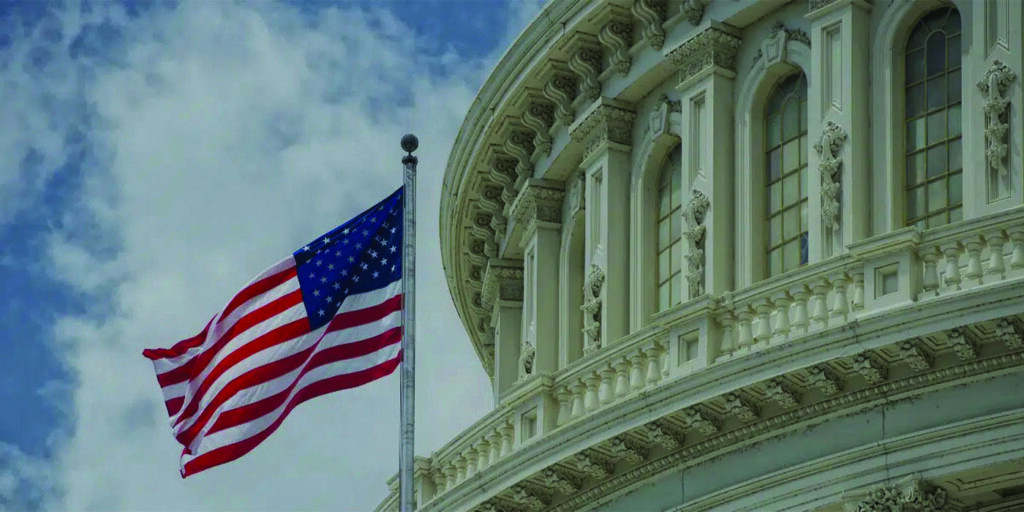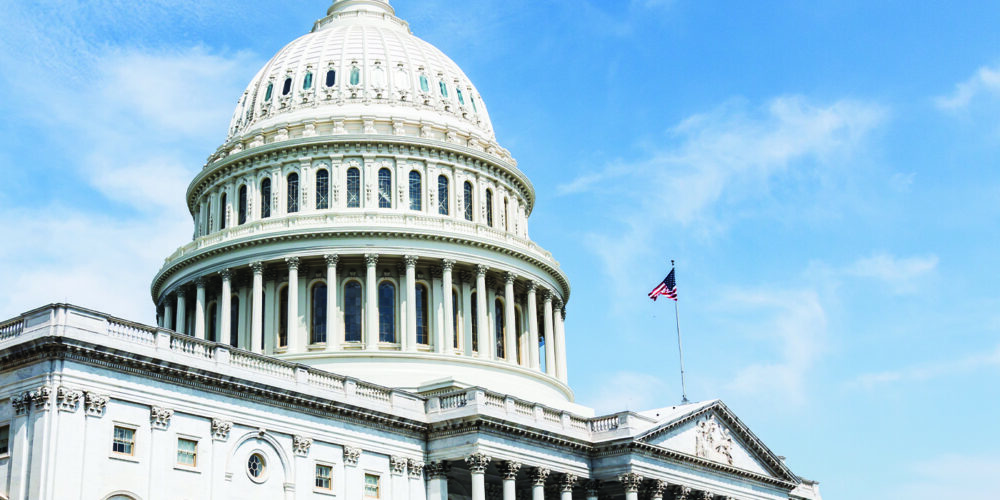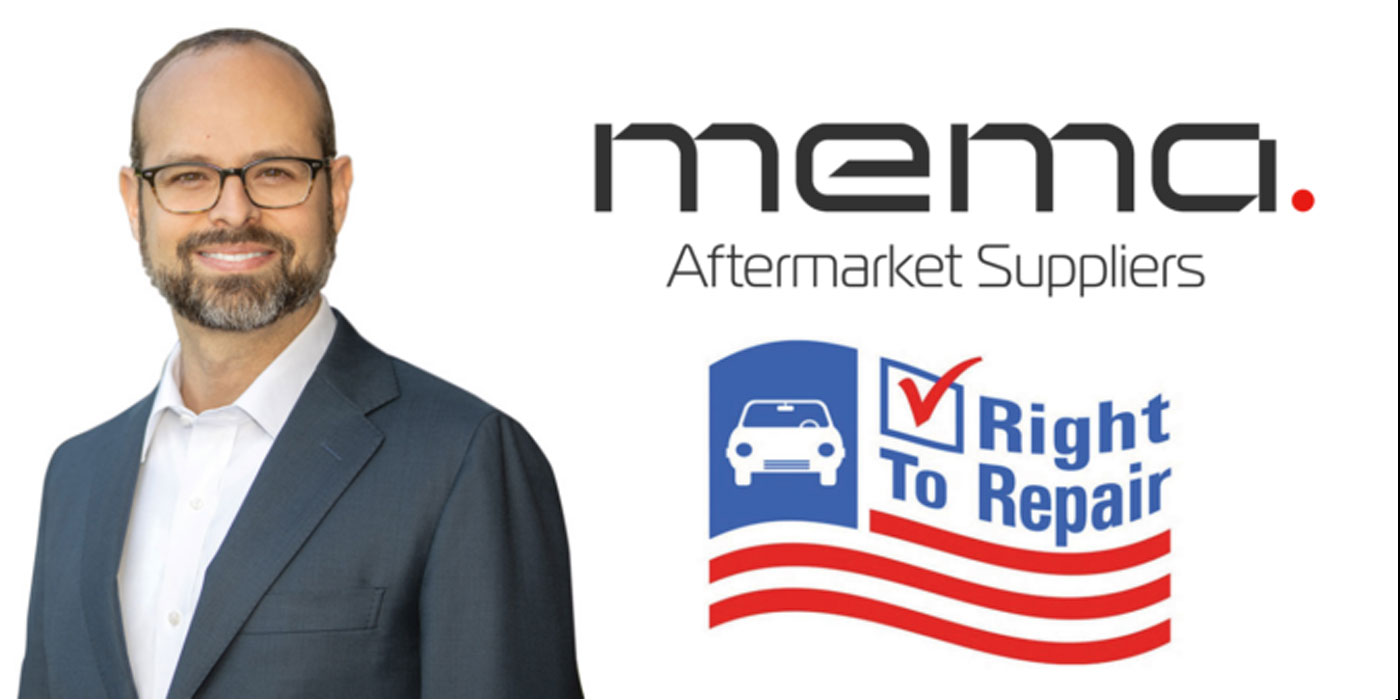Representative Jan Schakowsky (D-IL), chair of the House Committee on Energy and Commerce’s Consumer Protection and Commerce Subcommittee, recently wrote a letter urging the Government Accountability Office (GAO) to examine federal agency’s “efforts to ensure consumers’ right to repair” their vehicles.
“When manufacturers take steps to limit repairs by consumers and repair shops, it can increase costs to consumers, unfairly advantage manufacturer repair shops over independent repair shops, and affect consumers’ rights. Robust protection of consumers’ right to repair is critical to counteracting these impacts,” said Schakowsky.
Rep. Schakowsky also asked the GAO to study and deliver recommendations geared at limiting unfair repair restrictions, which have skyrocketed in recent years. The move comes as automakers increasingly look to limit vehicle data access and misuse design patents to steer more business to their repair networks.
Read the full letter below:
The Honorable Gene Dodaro
Comptroller General
U.S. Government Accountability Office 441 G St. NW
Washington, DC 20548
Dear Mr. Dodaro:
Consumers rely on a range of goods every day—vehicles, computers, mobile phones, appliances, and more—to conduct their work, bring their children to school, and complete countless other tasks.
When these goods break, consumers sometimes face limited options on where and how to make repairs. For example, manufacturers can make repair manuals or diagnostic tools unavailable to repair shops or consumers. Manufacturers can also disparage independent repair shops or businesses that supply replacement parts to promote their own parts and repair networks—a practice that the Federal Trade Commission said has been associated with the auto industry. When manufacturers take steps to limit repairs by consumers and repair shops, it can increase costs to consumers, unfairly advantage manufacturer repair shops over independent repair shops, and affect consumers’ rights. Robust protection of consumers’ right to repair is critical to counteracting these impacts.
Industry innovations and economic changes have created new challenges for consumers to have the right to repair, in particular in the auto industry. In 2014, trade groups representing vehicle manufacturers, independent repair shops, and aftermarket parts manufacturers entered into a memorandum of understanding to create a broad right to repair in the auto industry. Under the memorandum, which many believe has been successful, vehicle manufacturers agreed to sell diagnostic and repair information made available to their dealers to car owners and independent repair shops.
This memorandum predated the use of telematics to wirelessly transmit vehicle data to manufacturers. In 2021, half of vehicles had such connectivity, and this number is expected to reach 95 percent by 2030. The data transmitted to manufacturers includes those used for diagnostic and repair purposes—potentially undermining the industry’s self-regulation of right to repair via the 2014 memorandum. The National Highway Traffic Safety Administration, responsible for vehicle safety, recognizes that vehicle innovations like telematics raise cybersecurity risks that can have safety implications, but has also indicated that cybersecurity protections should not unduly restrict access by independent repair shops.
It is critical that the Federal government ensure consumers have choice in how they repair their vehicles. However, as vehicle technology continues to evolve, ensuring consumers’ right to repair may be complicated by the intersection of other important interests, such as cybersecurity and the impact of copyright protection and exemptions.
Given Congress’s authority to regulate interstate commerce, as well as its role in providing oversight of Federal agencies, I would like GAO to examine the following:
• Federal agencies’ efforts to ensure consumers’ right to repair, with respect to passenger motor vehicles, including how agencies might balance considerations such as:
• Protecting consumer choice and ensuring competition in the repair market
• Addressing cybersecurity risks that may be associated with greater access to vehicle data and whether technology exists to ensure both data access and cybersecurity protections
• Addressing other potential barriers to a robust right to repair in the auto industry
• What is known about the impact and effectiveness of the auto industry’s self-regulation, particularly to what extent it has ensured consumers’ right to repair, demonstrated transparency to vehicle owners about their right to independent repair and access to their vehicle’s data, and how the industry’s self-regulation regime has adapted to and kept pace with advances in technology;
• What is known about the vehicle repair market for passenger vehicles, for example, the competitiveness of the repair market across the U.S.;
• Any recommendations to Federal agencies to ensure consumers’ right to repair based on GAO’s study of the issue.












